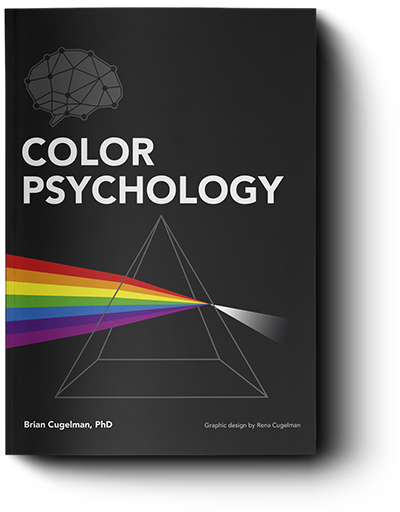Imagine if, instead of those difficult and expensive humans, we could use AI in behavioral research.
Here’s a summary of 8 ways we can put AI to use, based on a great scientific paper that you’ll find below:
1. Simulating Human Responses:
AI can generate realistic human behavioral responses for surveys or experiments, enabling large-scale data collection without direct human involvement.
2. Enhancing Policy Analysis:
By reproducing diverse perspectives, AI aids in understanding complex debates and forecasting the outcomes of various policy decisions.
3. Acting as Confederates in Social Interaction Research:
AI can participate in experimental setups as controlled agents, providing consistent interactions for individual or group behavior studies.
4. Exploring Human Cognition and Decision Models:
AI models help investigate cognitive processes and decision-making by simulating human-like reasoning and problem-solving strategies.
5. Improving Agent-Based Modeling (ABM):
Integrating AI with ABM enhances the realism and complexity of simulations, particularly in representing human social interactions and behaviors.
6. Diversifying Sample Creation:
AI can generate diverse sample responses, reflecting a wide range of human experiences and demographics, thereby overcoming the limitations of traditional sampling methods.
7. Managing and Mitigating Sociocultural Biases:
AI models identify and adjust for sociocultural biases in data, contributing to more equitable and representative research findings.
8. Assisting in High-Risk or Infeasible Human Studies:
In scenarios risky or impractical for human participants, AI safely explores sensitive topics or extreme conditions by replicating human behavior and responses.
I’ve been using a few of these, plus a few other approaches in psychometrics. Hope you find this helpful.
Here’s the original citation:
Grossmann, I., Feinberg, M., Parker, D. C., Christakis, N. A., Tetlock, P. E., & Cunningham, W. A. (2023). AI and the transformation of social science research. Science, 380(6650), 1108-1109.
Here’s the paper:
https://www.science.org/doi/full/10.1126/science.adi1778


